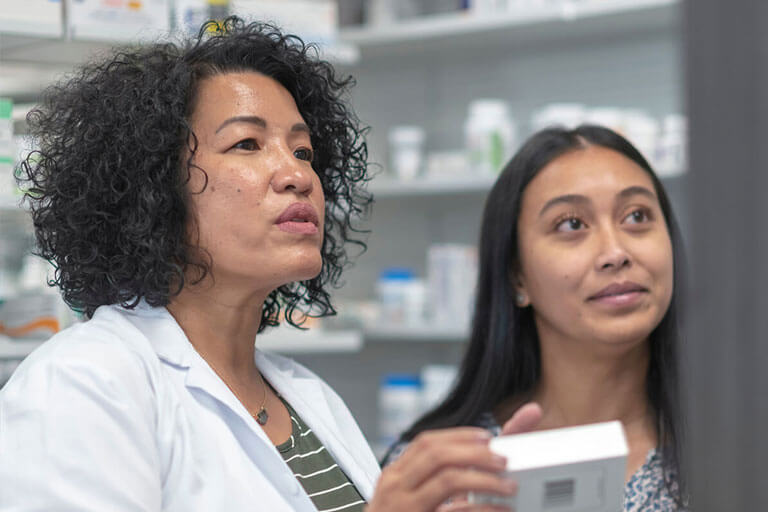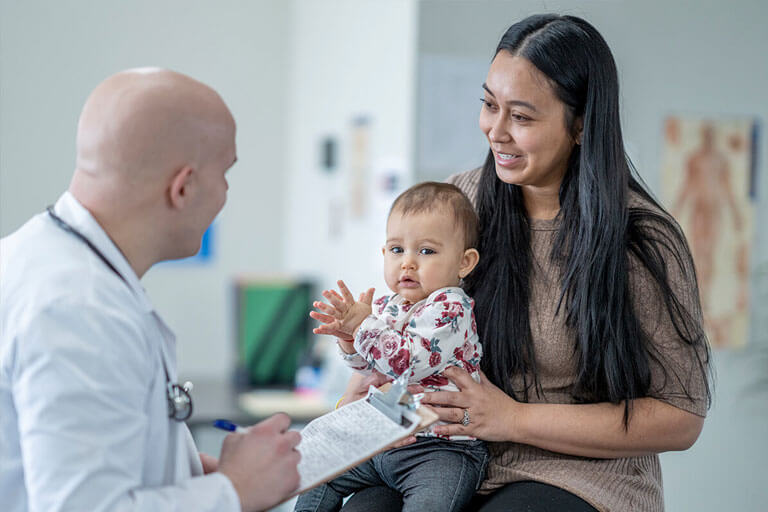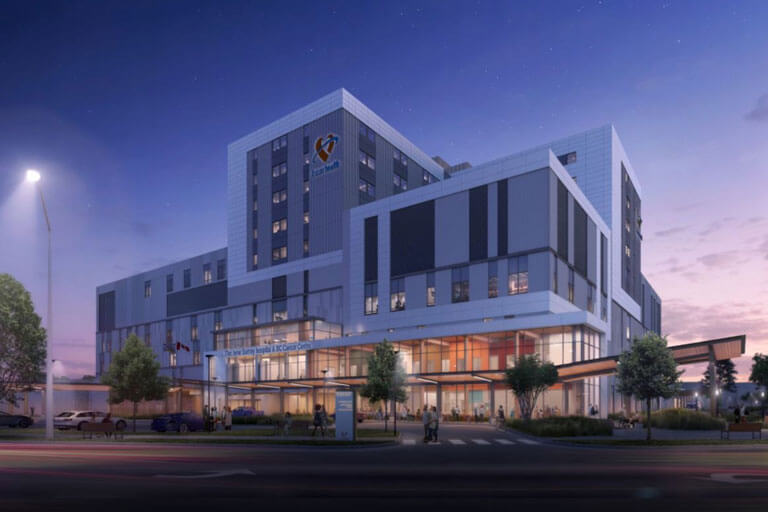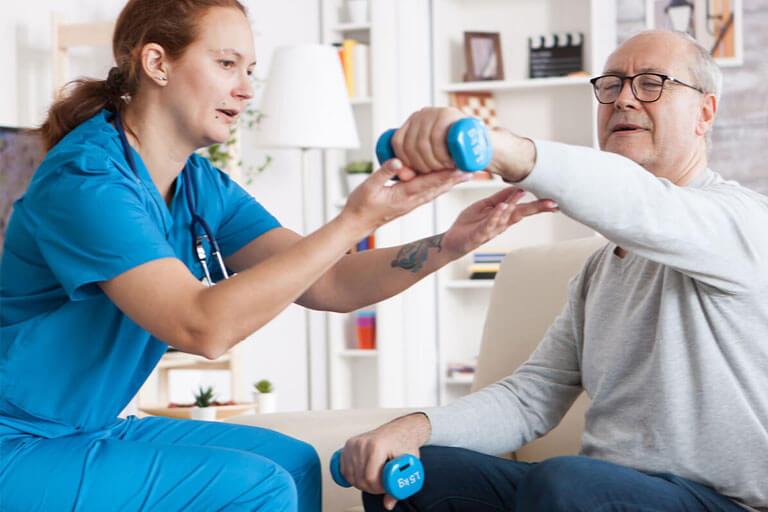Strengthening health care
B.C. is an extraordinary place. Our dedicated doctors, nurses and care teams take pride in delivering quality care. But like many places, we’re feeling the strain of worker shortages and rising demand for care. Communities are growing. People are getting older. And many health care professionals are retiring.
We’re working hard to strengthen health care by hiring more health workers, connecting more people to family doctors, bringing down medication costs, and improving wait times.
It will take time, but it’s making a difference. We’re adding more doctors, opening more community clinics, and building more hospitals than ever. And we’re going to keep working to deliver better, faster care no matter where you live.
-
We’re working to make sure everyone has access to a family doctor or nurse practitioner and get the care they need, when and where they need it.
-
We’re making sure health care works better for everyone by adopting new approaches and expanding on what works.
-
Amid a global shortage of health workers, B.C. is focused on recruiting, retaining, and training more doctors and nurses to care for our growing, aging population, while working to deliver better, faster care.
-
We’re helping you get the care you need closer to home by building more hospitals, clinics, cancer centres and long-term care homes in communities across the province.
-
Prevention is the best medicine. We’re giving you the tools to help prevent injuries and illnesses, so you can live a longer, healthier life.










